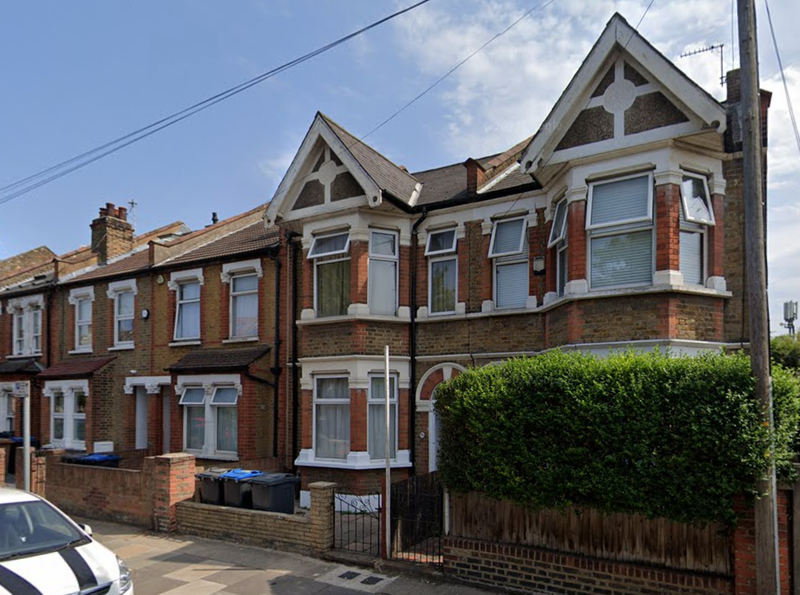Local Council: London Borough of Merton
Appeal Result: Allowed (Permission Granted)
Description: Change of use from single-family dwelling (Class C3) to a five-bedroom, five-person House in Multiple Occupation (Class C4).
Refusal Stated:
1) By reason of discrepancies between the submitted development description and proposed plans, officers were unable to ascertain the nature of the proposed change of use application, contrary to the Town and Country Planning (Development Management Procedure) (England) Order 2015.
2) By reason of substandard room layouts, lack of communal space, absence of windows to the first-floor lounge, and failure to demonstrate functionality, the proposal was deemed to provide an unacceptable standard of accommodation, contrary to London Plan Policy D6, Policies CS9 and CS14 of the Merton Core Strategy (2011), and Policy DM D2 of the Merton Sites and Policies Plan (2014).
3) In the absence of satisfactory refuse and recycling storage facilities, the proposal was considered contrary to Policies SI7 and SI8 of the London Plan (2021), Policies CS14 and CS17 of the Merton Core Strategy (2011), and Policy DM D2 of the Sites and Policies Plan (2014).
4) In the absence of satisfactory cycle parking provision, the development was considered to fail to provide sufficient secure, integrated, and accessible cycle parking, contrary to Policy DMT1 of the Merton Sites and Policies Plan (2014) and Policy T5 of the London Plan (2021).
Background: This scheme sought to convert a well-proportioned terraced dwelling in Colliers Wood into a five-bedroom, five-person HMO to provide high-quality shared accommodation in a sustainable location. Merton Council refused permission on largely procedural and technical grounds, citing ambiguity within the plans, internal layout concerns, and insufficient detail on waste and cycle storage.
At appeal, LSE demonstrated that these concerns were unfounded and could have been addressed through standard conditions. The case presented clear evidence that all bedrooms exceeded the minimum space standards, that generous communal areas were provided, and that both waste and cycle storage met local and London Plan requirements.
By clarifying the nature of the development and supporting this with robust policy analysis, LSE established that the Council’s refusal was unnecessarily rigid and lacked substantive planning justification. The Planning Inspector agreed, concluding that the proposal provided a high-quality form of accommodation that aligned with the London Plan and Merton’s Core Strategy, and therefore granted planning permission.



